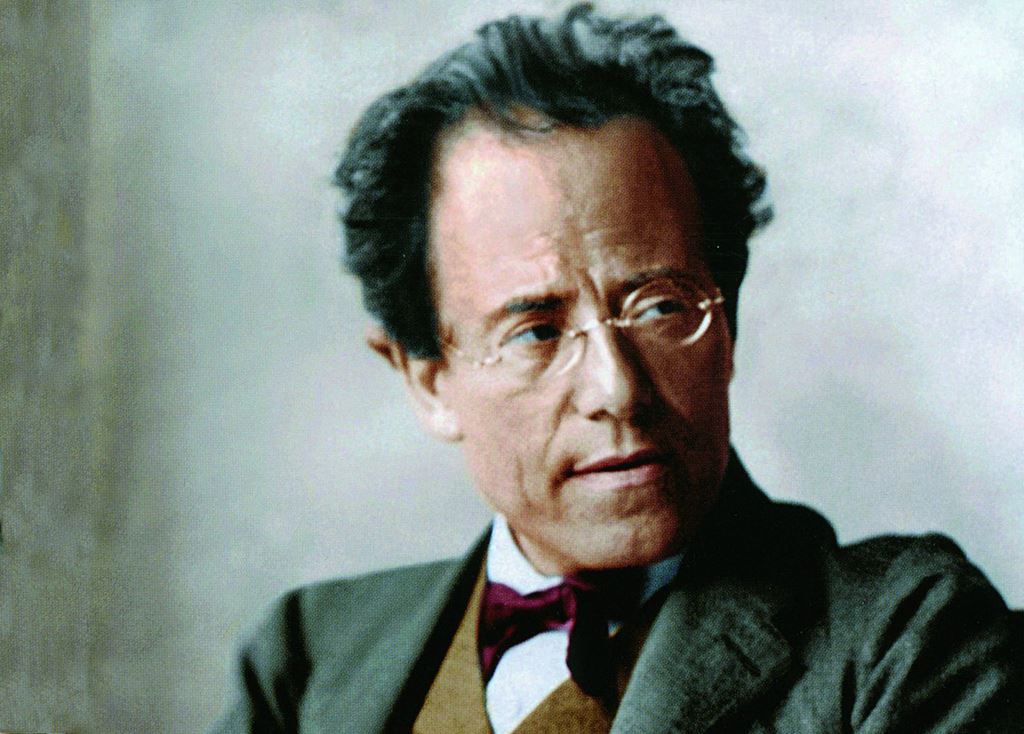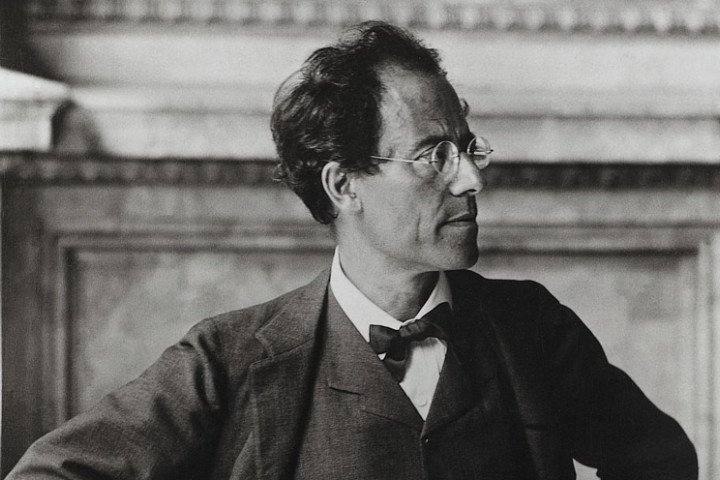Gustav Mahler was most famous for his contributions to late-Romantic classical music as a composer and conductor. He is particularly renowned for his emotionally intense symphonies, which often explore profound themes and human experiences. Mahler’s symphonies are characterized by their expansive structures, innovative orchestration, and deep emotional resonance.
Advertisement

Image Credit: Chicago Symphony Orchestra
Some of his most famous works include Symphony No. 2, commonly known as the “Resurrection Symphony,” Symphony No. 5, and Symphony No. 9. His compositions often delve into existential questions, the human condition, and the search for meaning, making his music highly expressive and evocative.
Advertisement
In addition to his compositional legacy, Mahler had a significant impact as a conductor. He held prestigious positions with renowned orchestras, including the Vienna Philharmonic and the New York Philharmonic. His interpretations of the works of other composers, particularly the operas of Richard Wagner, were highly regarded.
While Mahler faced challenges and controversies during his lifetime, his works have since gained widespread acclaim, and he is considered one of the most influential composers of the late 19th and early 20th centuries.


Leave a Reply